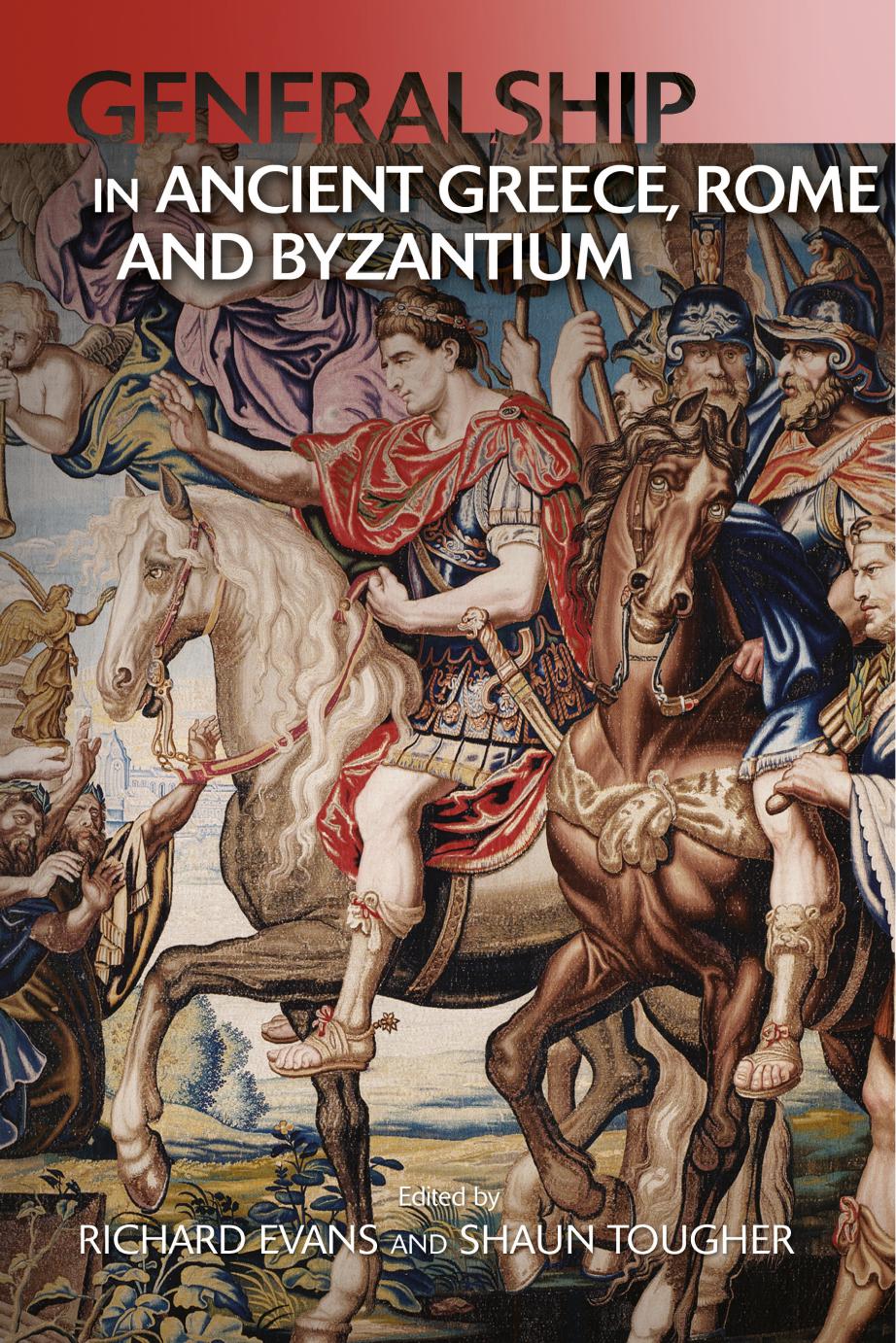

Most ebook files are in PDF format, so you can easily read them using various software such as Foxit Reader or directly on the Google Chrome browser.
Some ebook files are released by publishers in other formats such as .awz, .mobi, .epub, .fb2, etc. You may need to install specific software to read these formats on mobile/PC, such as Calibre.
Please read the tutorial at this link: https://ebookbell.com/faq
We offer FREE conversion to the popular formats you request; however, this may take some time. Therefore, right after payment, please email us, and we will try to provide the service as quickly as possible.
For some exceptional file formats or broken links (if any), please refrain from opening any disputes. Instead, email us first, and we will try to assist within a maximum of 6 hours.
EbookBell Team

4.1
70 reviewsConsiders the ideals and realities of generalship across the Greek, Roman and Byzantine worlds
This volume is unique in addressing a key aspect of ancient warfare across a broad chronological and cultural span, focusing on generalship from Archaic Greece to the Byzantine Empire in the twelfth century AD. Across this broad span, it explores a range of ideas on how to be a successful general, showing how the art of generalship – a profession that has been occupied variously by the political elite, the mercenary soldier and the eunuch – evolved and adapted to shifting notions of how a good military leader should act.Highlighting developments and continuities in this age-old profession across the Graeco-Roman world, this volume brings together the latest research on generalship from both established and new voices.
The chapters examine both ideals of generalship and specific examples of generals, considering the principles underpinning the roles they played and the qualities desired in them. They discuss in particular the intersection between military and political roles, the addresses delivered by generals to their troops, the virtue of courage and the commemoration of victory as well as defeat. In addition, contributors consider cross-cultural comparisons of generalship, with specific chapters devoted to Persian, Arab and Chinese views.